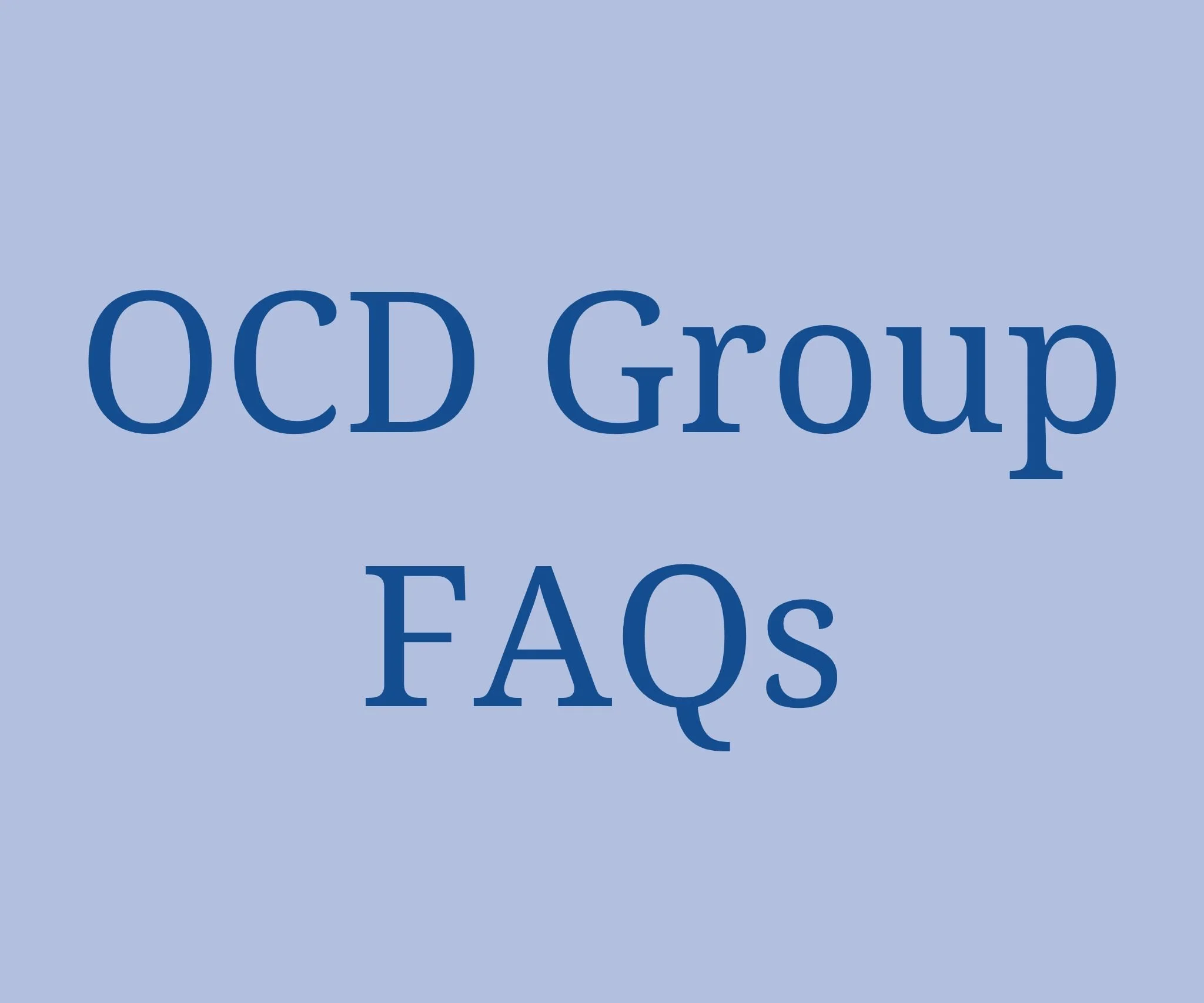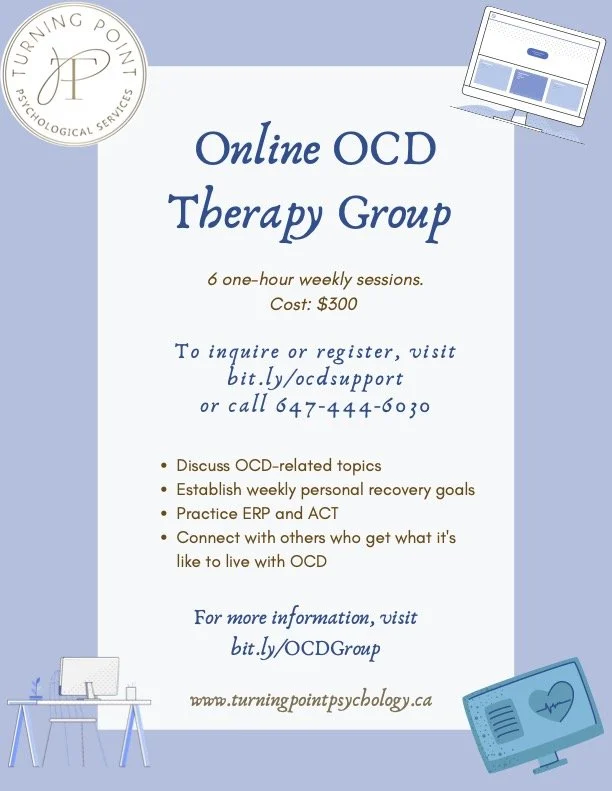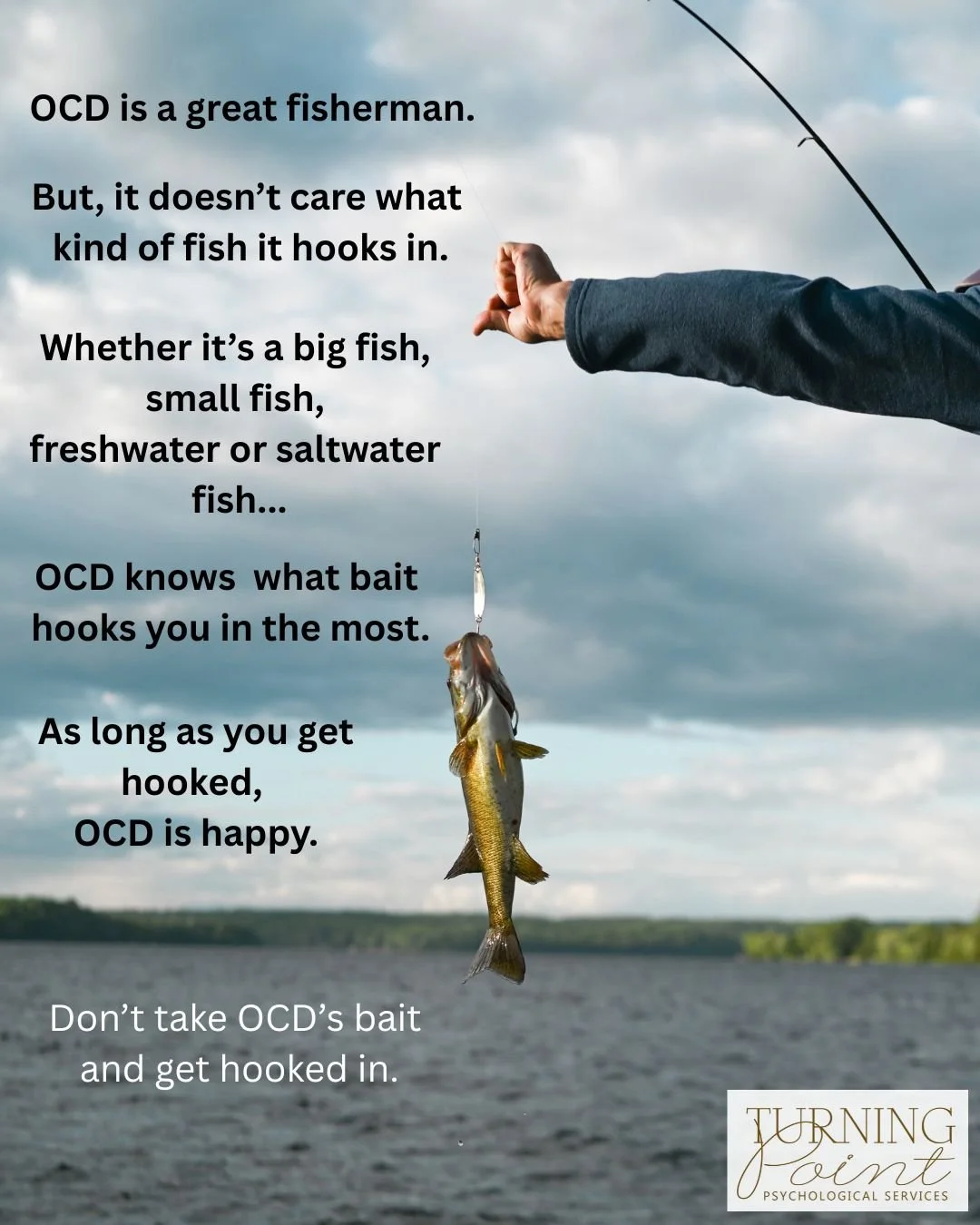
OCD Clinic
Welcome to our iRebel program!
-You may have tried everything.
-You read endless OCD forums online.
-You spent tons of time trying to determine whether what you have is truly OCD, or maybe the danger is real and you should take your thoughts seriously.
-You asked for constant reassurance (and you did feel better… if only for a few moments).
-You went to therapy and your therapist did everything possible to convince you that your fears will not come true.
-You went to another therapist and practiced breathing and progressive muscle relaxation, and learned to meditate.
-You learned that OCD is treated by CBT (Cognitive Behavioural Therapy) and found a CBT therapist with whom you created numerous Thought Records to check the evidence for and against your thoughts.
But the truth is, to really Rebel against OCD, you need a complete overhaul of your attitude before you start actively practicing ERP (the evidence-based OCD treatment).
The iRebel program is a combination of Exposure and Response Prevention (ERP), Acceptance and Commitment Therapy (ACT), Metacognitive Therapy, Cognitive Behavioural Therapy (CBT), and Mindfulness.
The program will also incorporate recent neuroplasticity findings. Your brain has created a fear pathway as the result of frequently associating your thoughts and urges with high anxiety. You will start building and strengthening an alternative neural pathway through learning to do what matters to you in spite of fear and anxiety (an inhibitory learning approach).
This new pathway needs to be cultivated and practiced in various settings, situations, and under various conditions. As a result, it will become increasingly stronger.
Even though you can not completely erase the initial fear pathway, if you put your mind to it, the new healthy pathway will overtake the old one most of the time.
At your first sessions, you will learn a lot about OCD. Yes, you may have read OCD books and attended therapy. But if you still feel that OCD controls you, you need to get to the very bottom of how it operates. You need to learn OCD’s anatomy, physiology, evolution, and behavioural patterns in its natural habitat.
In fact, you will learn so much about OCD that you will be able to write a book about it yourself. And the thing is – this is not some kind of a preamble or introduction to treatment that you can skip or zip through. This part will determine a great deal of the treatment success.
You will not just learn about OCD in general. You will also learn about your own specific OCD and its sneaky ways. After all, you need to know exactly what you are Rebelling against.
Additionally, you will learn specific tools to prepare you to stand up to OCD and to break free from your habitual go-to behaviours of compulsions and avoidance. The tools will include elements of ACT, such as the concept of choice (the Choice Point), fostering the willingness to make a change, unhooking from obsessions, identifying and connecting to your values, practicing being in the present moment (and not in your head), and cultivating self-compassion.
If you did this part of the treatment successfully, you will probably be:
1. Very angry at OCD
2. Very knowledgeable about OCD and ERP
3. Motivated
4. Excited
5. Super hyped to start Rebelling!
…Ok, you may be a little fearful too. Or quite a bit fearful. But this will actually be a good thing. Why? – you may ask. Because if you are very fearful and Rebel anyway, the progress will work even faster. That’s actually a powerful thing.
The next part of the treatment is the actual Rebelling. This step aligns with the core of ERP (Exposure and Response Prevention), where clients learn to stop avoiding what OCD demands they fear. If you are cringing reading this, it means that your OCD is trying to convince you that this is dangerous.
But of course, your OCD would try to do that! It feels that you are starting to gather up the courage to face it and to reclaim your turf! It is threatened even by you reading those lines. It means that you are on the right track.
Rebelling is sometimes scary. And also exciting. It includes getting out of your comfort zone and taking steps toward a better life. Like ERP and ACT itself, this step is about choosing values over fear. The process may remind you of a fear that you overcame in your life. Was it changing schools? Changing jobs? Trying zip lining? Applying for an advanced educational program? If you look back at your life, you’ll see that most times when you had taken action in spite of the fear, your life became better in some way.
Obviously, you’ll have your therapist’s support every step of the way. You will work together to create your specific individual iRebel plan. You will also talk about the ways to support yourself in the process and to become your own cheerleader.
If you saw a therapist for the treatment of OCD in the past, you may be surprised to learn that we won’t be rating your anxiety levels. No SUDS (Subjective Units of Distress). No dreaded Thought Records. No waiting until the anxiety subsides to a certain level. No habituation is required before going to the next exposure. We will not be concentrating on anxiety levels at all. You have already tried everything to monitor and reduce anxiety with no long-term success.
Unlike traditional CBT for OCD, instead of zooming in on anxiety, we will focus on helping you take steps toward the life you want to live and on your willingness to do that regardless of how you feel emotionally. The anxiety and obsessions will most likely subside, but we consider it a good, positive side effect - not a goal.
We will also work on cultivating an attitude of self-compassion and self-encouragement.
Initially, these may be foreign concepts to you, as often the habitual responses to difficulties are self-criticism, shame, self-isolation, and rumination.
Self-compassion is the antidote to these self-sabotaging responses. It will help you to gently acknowledge your suffering, disentangle from your difficult thoughts, feelings, and urges, and continue taking steps toward the life you want to live. Regularly practicing self-compassion will increase your resiliency and will help you persevere through the treatment.
In addition to individual sessions, we encourage you to take advantage of our therapist-assisted OCD support groups. There, you can augment your treatment by establishing weekly ERP and ACT goals in a supportive environment surrounded by people who really get what you are going through.
And when you are finally able to live your life without paying much attention to the OCD’s pathetic attempts to spook you, then you are ready for the final part of the treatment: creating a relapse-prevention plan.
You will learn about OCD’s devious tricks that may confuse you. You will be able to identify new triggers and be prepared to identify compulsions that masquerade as helpful acts. You will learn how to deal with little lapses and not let them turn into a relapse (or, worse, a collapse).
Please don’t give up. OCD is a treatable disorder. You can learn to live your life without listening to it. You can watch its grip on you shrink with each successful little exposure practice.
Ready to take the next step? Book your first session or contact us for more information about our OCD treatment.














